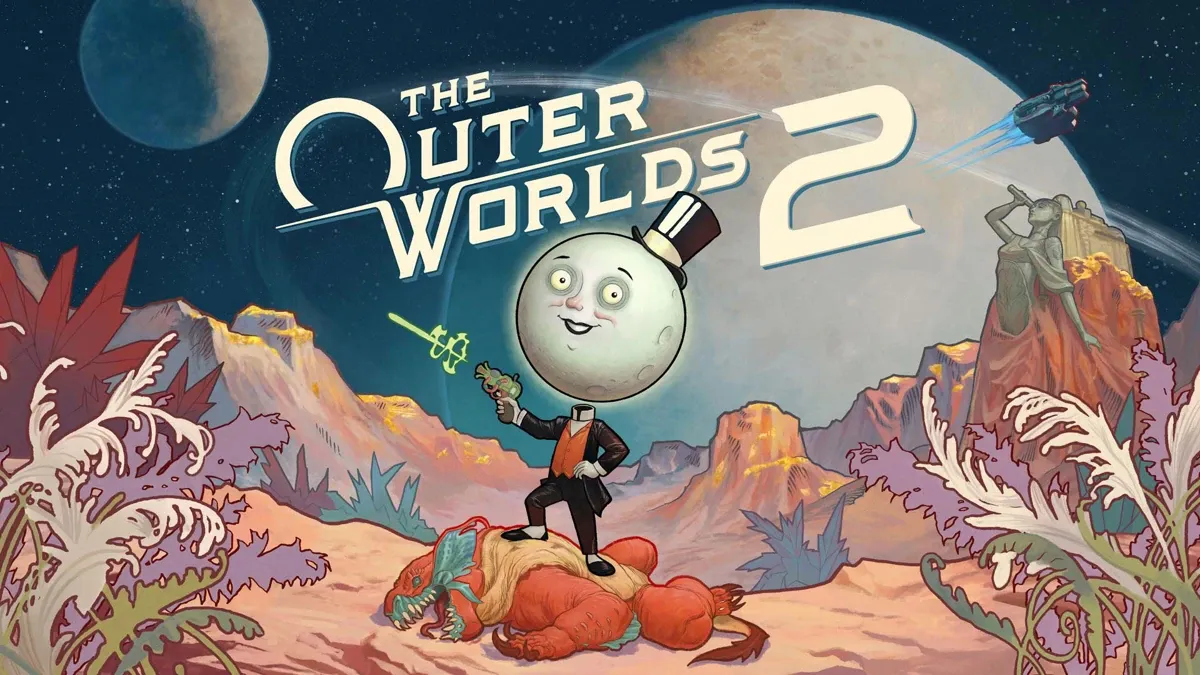This film terrified me in ways I didn’t expect.
It’s a folktale, a horror story, a cautionary fable, and a biblical parable rolled into one. There’s very little gore or bloodshed, and yet every minute of it feels like air escaping from the room.
Nestled deep in the bosom of the Andes, a small village of isolated cultists live out their daily lives under the rule of the monstrous El Señor. His wife has recently passed, leaving behind four daughters, who speak of her absence as if she were an angel. By chance, one of the girls, Yuma, discovers a tape player in the forest, still turned on and playing Mozart. It’s the first time she’s ever heard music in her life, and the heavenly melody enchants her. El Señor, believing any beauty of that magnitude must contain evil, confiscates the tape player.
His grasp on the community is failing. Faith is a hard commodity to sell. So he announces the arrival of the messiah, the reincarnation of Jesus himself, in the body of a blue-eyed, blond hair boy, who seems to have arrived from nowhere. He locks the boy in a stable and keeps him from food and water to verify his divinity. But Yuma has a secret: she knows where the boy came from and what happened to his mother. As people begin to remember that this isn’t the first messiah that El Señor has promised them, the aggressions, frustrations, and sexual monstrosity begin to surface.

LUZ looks as if filmed in paradise. There’s an ethereal quality to this world that feels far removed from reality. The skies stretch forever in hues of vanilla and crimson, and the forests are lush and deep. Beauty is highlighted by the absence of things. There is nothing beyond this realm. It’s so captivating that by the time we realize there’s also no escape, director Juan Diego Escobar Alzate has already ensnared us into El Señor’s trap.
By the time we begin to look elsewhere, the grainy image reveals perpetually disheveled faces, endless sweat, and grime for days. The film feels heavy and humid as if the temperatures from far away seep through the canvas. Alzate keeps the framing tight when he’s with people and vast as they are alone. Community is oppressive; nature is limitless. And the closer we’re drawn in, the hotter the room gets.

LUZ is Alzate’s first feature film, and it’s a remarkable debut. His story is told with tense minimalism without any extra fat on it. It also resists the urges that most new storytellers fall into and reigns in the visuals instead of showing everything. The decision pays off in spades, as the implications are far more horrifying. Only a single scene tips the scales, but it’s the kind of moment that people will speak of for years to come.
Only the dreamlike pacing stumbles, and the film would be better off at a bit shorter length. But I have no idea where to even begin cutting – there isn’t a single moment that feels superfluous. For some, the oppressive mood may be too much. My body yearned for escape before the end.
Conrado Osorio is deeply scary as El Señor. Not because he’s a simple monster to hate, but because he’s a fully realized man of the cloth turned extremist. You could easily believe that in another lifetime, he would have been a fine preacher. He’s charismatic beneath the terror. His tantrums subside as fast they appear, and a tenderness rises in its place that is just as scary as his anger. It’s a beautiful performance of something sinister and ugly.
Yuri Vargas plays Yuma, the eldest, and hers is a performance equally magnetic to Osorio’s. She already suspects and distrusts El Señor, and her suspicions gain further traction the more she spies on him. Vargas plays the discovery of age, belief, and betrayal impeccably and her face, which Alzate can’t get enough of, is a mosaic of feelings.
LUZ: THE FLOWER OF EVIL is not easy viewing. It’s deliberately slow in places and agonizingly unwilling to explain itself. There’s emotional, sexual, and physical violence that is all the more horrifying for how real and plausible it is. This community has always existed and will continue to forever exist in some form or another. They sow their seeds into the ashen ground and feed the soil with the blood of true believers.
That’s how things always are.













